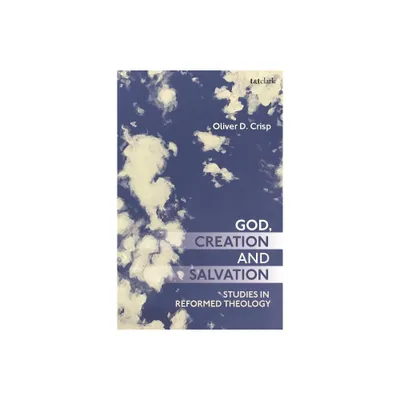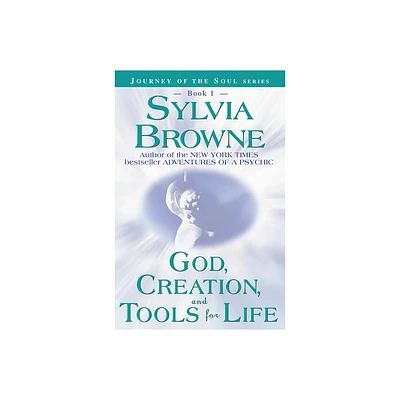Home
Participating God: Creation and Trinity
Loading Inventory...
Barnes and Noble
Participating God: Creation and Trinity
Current price: $23.00


Barnes and Noble
Participating God: Creation and Trinity
Current price: $23.00
Loading Inventory...
Size: Paperback
*Product Information may vary - to confirm product availability, pricing, and additional information please contact Barnes and Noble
In this exciting work, Samuel Powell offers a new constructive and systematic vision of creation by interpreting it in terms of contemporary science and trinitarian theology.
Powell's work unfolds in three stages, building on the multiple ways the doctrine of creation actually functions for Christians. He first analyzes its regulative dimension. Even in all the multiplicity of historical Christianity, he shows, the doctrine commits Christians to a particular set of normative beliefs about the world and God's relation to it. Second, Powell builds on the doctrine's hermeneutical potential. It allows Christians both to interpret the meaning of creation in terms of other prevalent philosophical, religious, or scientific ideas and also to interpret the world, as disclosed by scientific theory, in theological terms. In the heart of his book, Powell correlates creaturely characteristics with their participation in God through the trinitarian persons. Finally, in light of his findings, Powell drives home the often ignored ethical dimension of the doctrine, especially in relation to the environment, our consumerist lifestyle, and eschatology.
Powell's bold proposal harvests from two of the most fruitful fields of recent theology - trinitarian theory and religion-and-science - and crafts a creative new vision of how we and all creation participate in the life and work of the triune God.
Powell's work unfolds in three stages, building on the multiple ways the doctrine of creation actually functions for Christians. He first analyzes its regulative dimension. Even in all the multiplicity of historical Christianity, he shows, the doctrine commits Christians to a particular set of normative beliefs about the world and God's relation to it. Second, Powell builds on the doctrine's hermeneutical potential. It allows Christians both to interpret the meaning of creation in terms of other prevalent philosophical, religious, or scientific ideas and also to interpret the world, as disclosed by scientific theory, in theological terms. In the heart of his book, Powell correlates creaturely characteristics with their participation in God through the trinitarian persons. Finally, in light of his findings, Powell drives home the often ignored ethical dimension of the doctrine, especially in relation to the environment, our consumerist lifestyle, and eschatology.
Powell's bold proposal harvests from two of the most fruitful fields of recent theology - trinitarian theory and religion-and-science - and crafts a creative new vision of how we and all creation participate in the life and work of the triune God.


















